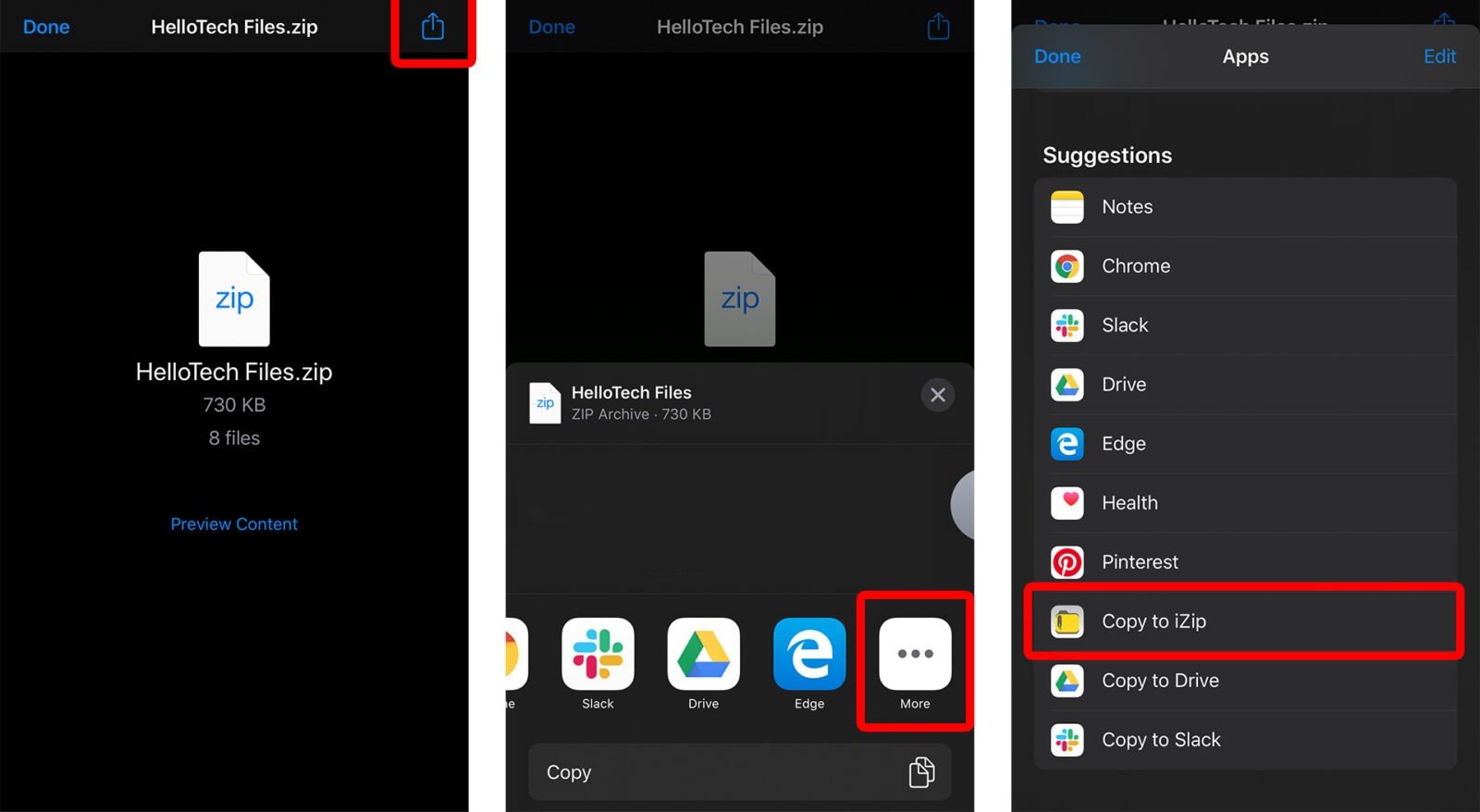
Choose from the drop-down menu where you purchased this book from.

Merge files izip python code#
This iterator generates a series of tuples containing elements from each iterable. Select the book for which you're looking to download the code files. The function takes in iterables as arguments and returns an iterator. You can provide default values for variables directly in your templates using the Jinja2 ‘default’ filter. Python’s zip () function is defined as zip (iterables). If you configure Ansible to ignore most undefined variables, you can mark some variables as requiring values with the mandatory filter. Searching strings with regular expressionsįilters can help you manage missing or undefined variables by providing defaults or making some variables optional. Hashing and encrypting strings and passwords Selecting from sets or lists (set theory) Selecting values from arrays or hashtables Controlling how Ansible behaves: precedence rulesĭefining different values for true/false/null (ternary)Ĭombining items from multiple lists: zip and zip_longest.Virtualization and Containerization Guides.Protecting sensitive data with Ansible vault.Playbook Example: Continuous Delivery and Rolling Upgrades.Discovering variables: facts and magic variables.Working with language-specific version managers.Controlling where tasks run: delegation and local actions.Hashing and encrypting strings and passwords.Selecting from sets or lists (set theory).The module standardizes a core set of fast, memory efficient tools that are useful by themselves or in combination. Each has been recast in a form suitable for Python. This module implements a number of iterator building blocks inspired by constructs from APL, Haskell, and SML. Defining different values for true/false/null (ternary) Functions creating iterators for efficient looping.


 0 kommentar(er)
0 kommentar(er)
